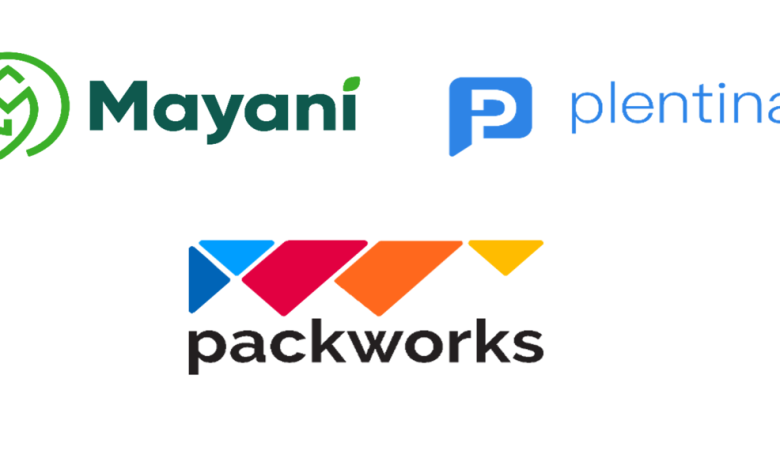3 PHL start-ups qualify in JICA’s accelerator program

Financial credit company Plentina, micro-business capital service Packworks, and agricultural e-commerce platform Mayani are the three Philippine-based start-ups that recently qualified for the Japan International Cooperation Agency’s (JICA) Next Innovation with Japan (NINJA) accelerator program.
In support of entrepreneurs and as a way to promote business innovation in emerging countries, JICA will grant the winner of the competition $30,000 to scale up.
“The aim is to help Filipino entrepreneurs boost their edge in the global market through access to capital and mentorship. Further, this is an opportunity for them to also explore the Japanese market and meet potential investors from Japan,” said Ayumu Ohshima, JICA Philippines’ senior representative, in an official statement.
The three Philippine start-ups started competing in mid-October against 12 other start-ups from Indonesia, Malaysia, Thailand, and Bangladesh, and will continue to battle it out this November. They all qualified based on the following criteria: impact of the business on Sustainable Development Goals (SDGs), business maturity, startup maturity, and pitch.
In addition to the prize grant, the program offers field mentorship with industry experts and exposure to the Japanese market via the upcoming Demo Day later this month.
“All of the entries have fascinating stories. We believe Philippine enterprises can thrive globally when given the opportunity,” added Ms. Ohshima.
HELPING HANDS
Launched in 2020, Plentina offers store credits with the goal of accelerating access to credit in emerging markets. Their official website reads: “We enable consumers to build their credit history while making easier payments to their favorite merchants.”
At a fintech roundtable held in mid-October, Plentina co-founder and chief business officer Earl Martin S. Valencia revealed that they plan to double their user base in the Philippines over the next six months via partnerships with more marketplaces.
Meanwhile, business-to-business (B2B) platform Packworks focuses on empowering micro-entrepreneurs through connected commerce. Their growing network is now composed of 110,000 micro-retailers in the Philippines.
“We want to provide small businesses the ability to grow — access to both truly helpful financial products and to cheaper sources for goods to sell. We need to provide them an opportunity to earn their keep by giving them a helping hand,” said Packworks’ chief executive officer Bing Tan, on how the pandemic affected sari-sari stores (small neighborhood stores that sell assorted common items in small quantities).
Mayani, a farm-to-table agritech start-up, also has an objective of helping out smaller stakeholders. This time, it’s Filipino farmers that get to benefit via an online platform that connects them with markets and investors. As of the end-of-October count of over 60,000 farmers, Mayani chairman and co-founder Jeff Barreiro said: “There are just too many layers to get fresh produce from smallholder farms to our tables. And these layers are not exactly the most efficient, nor the most fair.”
They plan to continue their partnership with the Department of Trade and Industry (DTI) in order to increase opportunities for farmers in various regions across the Philippines. — Bronte H. Lacsamana




